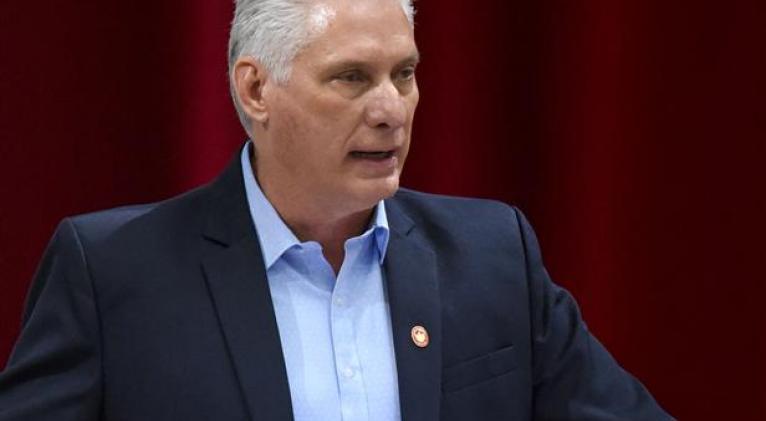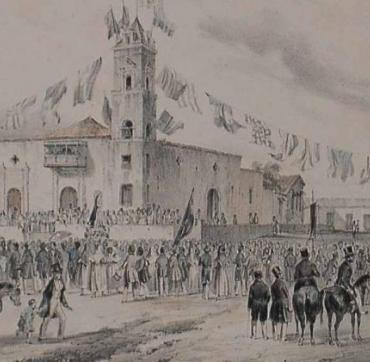Cuban President Travels to Laos on Historic Visit
especiales

Vientiane, Laos. – The First Secretary of the Central Committee of the Communist Party of Cuba (PCC) and President of the Republic, Miguel Díaz-Canel, arrives here today to begin a historic two-day official visit to Laos.
This is Díaz-Canel’s third trip to the Southeast Asian nation—after visits in 2013 and 2018—but the first in his capacity as both head of state and top party leader.
Official Program in Vientiane
According to Prensa Latina, the Cuban president’s program will begin Sunday with a tribute at the Monument to the Unknown Soldier, where he will lay a floral offering, followed by an official welcome ceremony.
Subsequently, Díaz-Canel will hold official talks with Thongloun Sisoulith, General Secretary of the Lao People’s Revolutionary Party (LPRP) and President of Laos, as well as a meeting with Prime Minister Sonexay Siphandone.
The Cuban leader will also meet with the Vice President of the National Assembly and head of the Laos-Cuba Friendship Association, Chaleun Ylapaoher, and visit the museum dedicated to historic leader Kaysone Phomvihane, where he will place a floral tribute before returning to Havana.
Final Stop in an Asian Tour
Díaz-Canel’s official visit to Laos marks the conclusion of a tour that began on August 31 in Vietnam, continued in China, and concludes here.
When announcing the trip, Cuba’s Foreign Ministry highlighted that “the visits to Vietnam and China have special significance, taking place within the context of the 65th anniversary of historic relations of brotherhood, solidarity, and cooperation between our countries.”
In the case of Laos, the visit reaffirms the priority that Cuba places on its fraternal and friendly ties with the socialist nation.
Historical Bonds Between Cuba and Laos
Diplomatic relations between Cuba and Laos were established in November 1974, though ties date back to the late 1960s and early 1970s, when the first Cuban medical brigade arrived in the caves of Viengsay.
The close friendship between historic leaders Fidel Castro and Kaysone Phomvihane reflects the mutual trust and political affinity that define bilateral relations, rooted in solidarity and shared socialist ideals.
Today, cooperation extends across multiple areas: party and parliamentary exchanges, foreign ministries, judicial bodies, mass organizations, solidarity institutions, and sectors such as higher education, sports, healthcare, and agriculture.
Mutual Support and Cooperation
Cuba deeply values Laos’s unwavering support in its struggle against the U.S. economic, financial, and commercial blockade—imposed for over 60 years—as well as against Havana’s unjust inclusion on the U.S. list of state sponsors of terrorism.
Additionally, Cuba acknowledges Laos’s significant contribution through cooperation in rice production on the island, using seeds originating from the Indochinese nation.














Add new comment